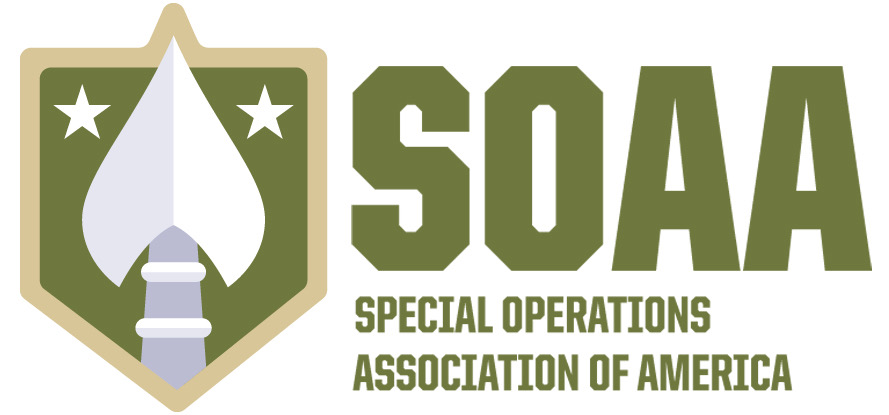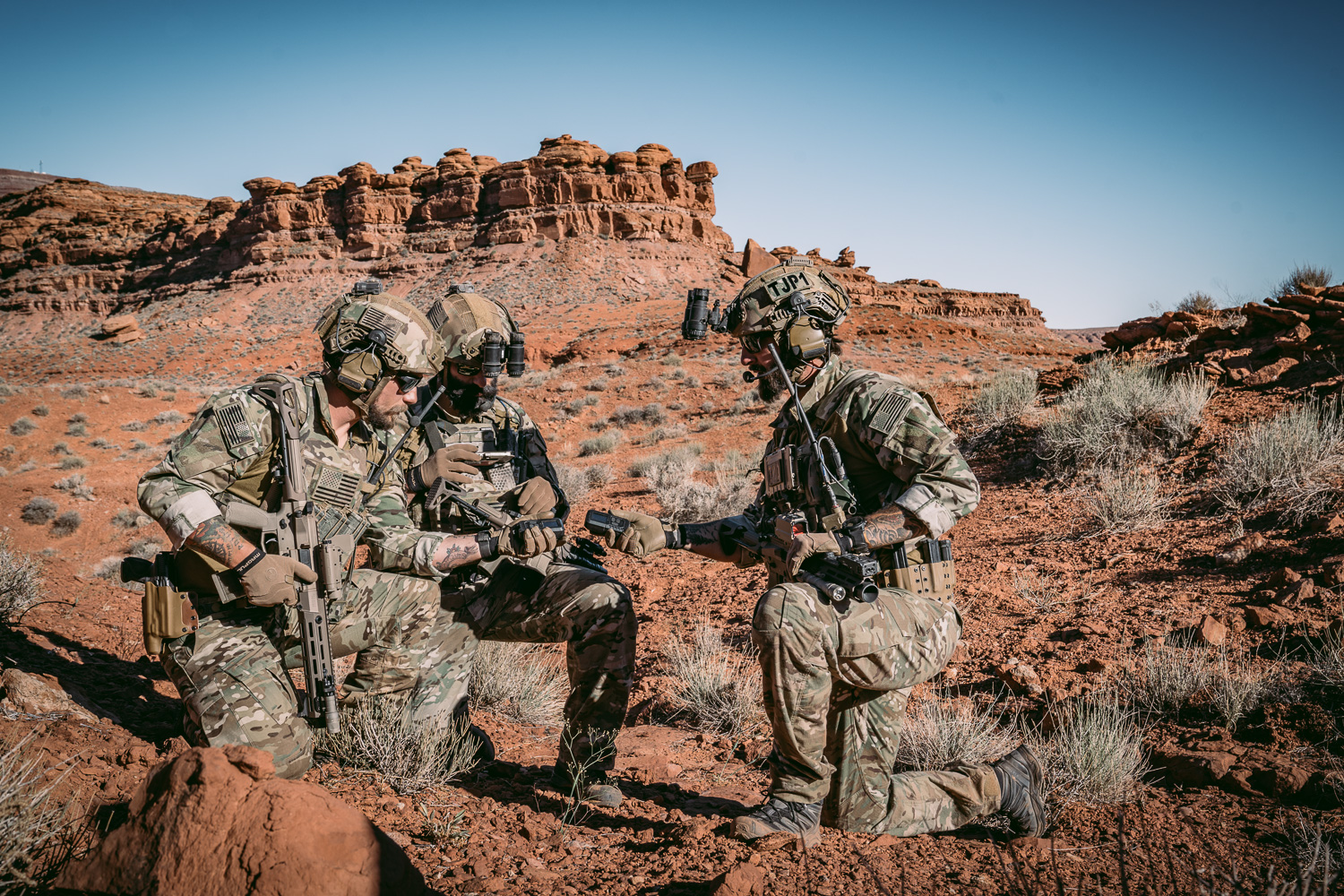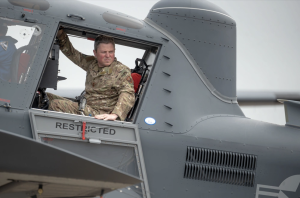The United States Army Special Operations Command (USASOC) stands as a sentinel of our nation’s defense framework. Representing a sizable portion of the 6,000 total operators deployed across 80 countries at any given time, USASOC stands as a testament to our commitment to global peace and security. With discussions surrounding a potential 10% reduction from a strength of 36,000 personnel, concerns arise over how this could imperil operational efficiency. This is not just a matter of numbers, as the proposed reduction in force involves vital components of USASOC — namely civil affairs units, psychological operations, and intelligence enablers. An overview of their integral involvement in past and ongoing operations clearly demonstrates that diminishing their strength risks compromising our national and global security.
Operational Impact: The Laden Operation
Consider the raid on Osama bin Laden’s compound in Abbottabad, Pakistan, in 2011. This operation required intricate intelligence collection, advanced coordination, and surgical precision. It wasn’t just the Navy SEALs that played a role; it was an orchestra of intelligence analysts, logistical experts, and psychological operation teams that ensured the mission’s success. A reduction in any of these components would likely have resulted in a compromised operation, emphasizing that every facet of our Special Operations Forces is crucial.
Stability in Conflict Zones: Syria and Iraq
Reflecting on the battles against ISIS in Syria and Iraq, USASOC forces were invaluable in not just combat roles, but also training local forces, gathering intelligence, and psychological operations to counteract extremist propaganda. Their adaptability to understand the local culture, linguistic nuances, and terrain was pivotal. This granular expertise could be lost with a reduction in numbers. The institutional memory of such operations is not just contained in files and folders; it resides in the experiences of these soldiers. Eroding that reservoir poses risks for future missions.
Supporting Allies: The Case of Ukraine
In recent years, tensions between Ukraine and Russia have been palpable. The annexation of Crimea by Russia in 2014 was met with global dismay. USASOC units were integral in supporting Ukraine, not just with weaponry, but with training, intelligence, and tactical support. Their understanding of the region, due to intensive linguistic and cultural training, set them apart, ensuring that support to allies was not just about firepower, but also strategy. Reducing such specialized teams could hinder similar international support operations in the future.
Counterterrorism in Africa
Looking at the African continent, areas like the Sahel have become hotspots for extremist activities. USASOC units have been deployed there for training missions, working closely with local forces to counter threats. The 2017 ambush in Niger, which resulted in the tragic death of four American soldiers, underscores the dangers present and highlights the need for USASOC’s presence. Their operations go beyond direct combat, fostering ties with local communities and gathering invaluable intelligence. This web of relationships and the intelligence apparatus could be weakened with staffing cuts.
Asia-Pacific Operations
With the Asia-Pacific region becoming a strategic focal point, especially given China’s rising influence, USASOC operations are paramount. From countering cyber threats to ensuring maritime security, their adaptability has been on full display. Their presence is not just a deterrence; it is an affirmation of our commitment to allies in the region.
In Conclusion
The fabric of USASOC is woven with multifaceted threads, each contributing to the tapestry of our national security. Their widespread operations, from the rugged terrains of Afghanistan to the dense forests of Africa and the strategic waters of the Asia-Pacific, have been instrumental in safeguarding American and global interests. This is not merely about a staffing reduction. It’s about preserving a reservoir of knowledge, expertise, and hard-earned experiences. It’s about ensuring that past sacrifices were not in vain and that future challenges can be met with the same resilience and precision.
Congress, policymakers, and the public must rally behind USASOC’s Servicemembers, understanding the vast repercussions of diminishing this elite force. In a world fraught with uncertainties and evolving threats, USASOC’s unwavering strength and adaptability remains the linchpin of our national security. We owe it to our present and future to ensure this pillar remains unshaken.






